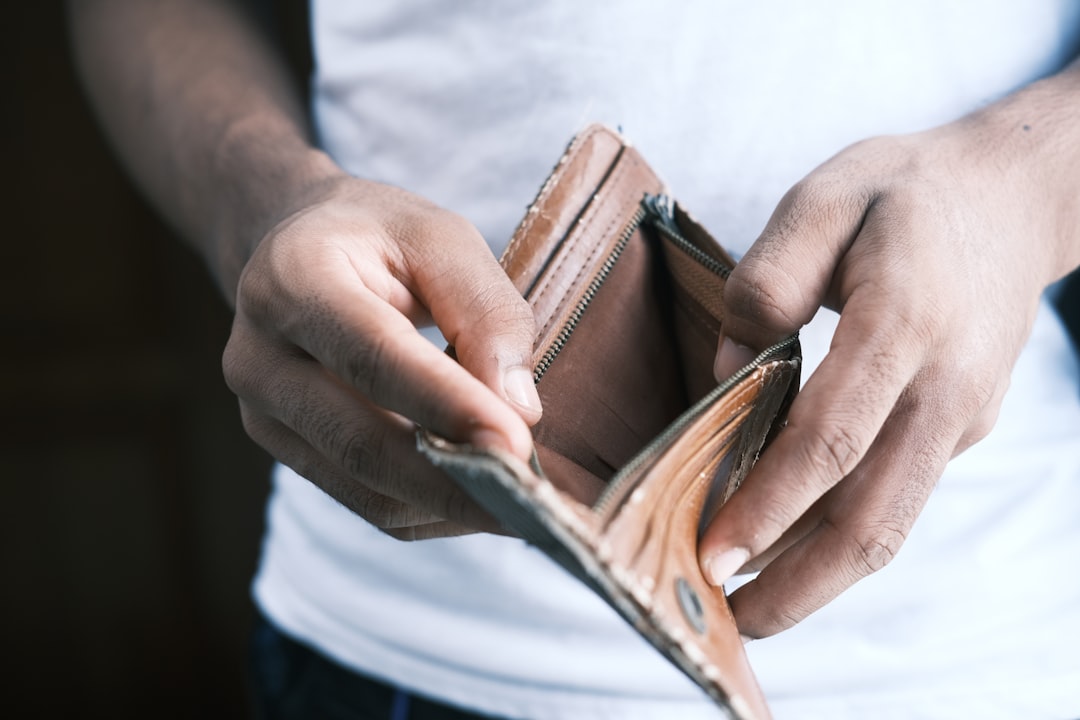Class Action Lawsuits Are Broken
Class actions were supposed to hold companies accountable for misconduct. Instead, they’re piggy banks for lawyers.
On September 7, 2017, Equifax Inc. announced that customer data for more than 140 million people had been stolen. Despite having established my first credit line only a year earlier when I signed for my student loans, I was one of the victims. Thanks to Equifax, my Social Security number, birthday, and address will be available on the dark corners of the internet forever.
The level of incompetence displayed by Equifax upon discovering the data breach is hard to put into words. Equifax waited nearly five months to disclose the hack. When announcing a database where you could check if your information was compromised, the company linked to an imposter site on eight different occasions. It attempted to charge people to freeze their credit reports, only backing down due to significant public pressure. Understandably irate, consumers quickly filed what became one of the largest class action lawsuits in United States history.




